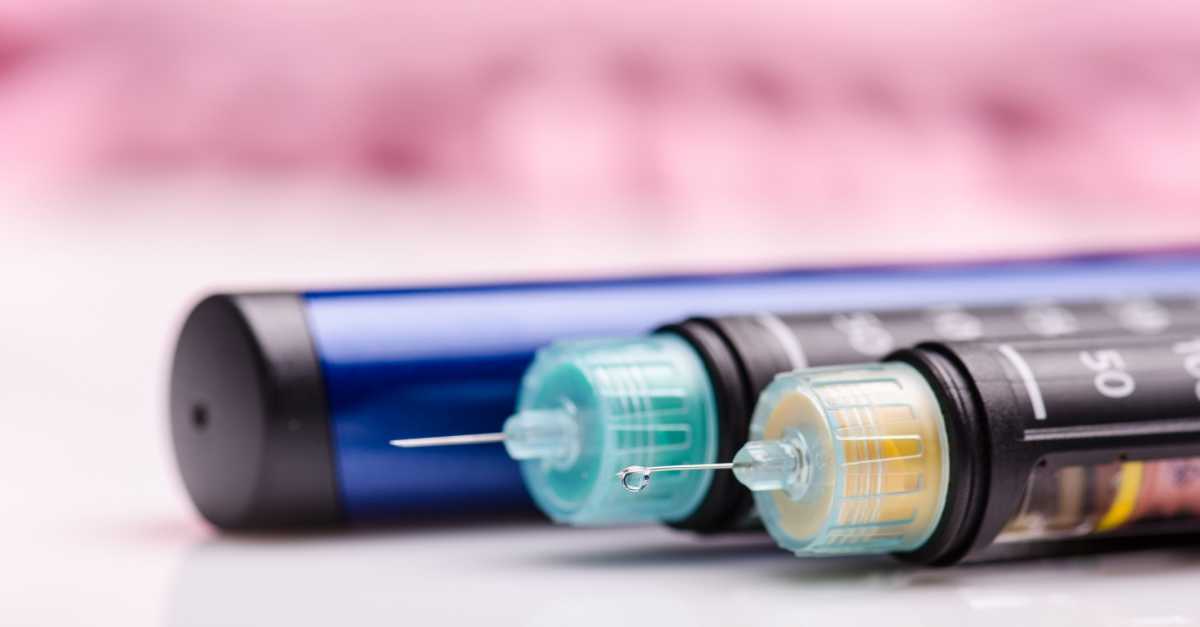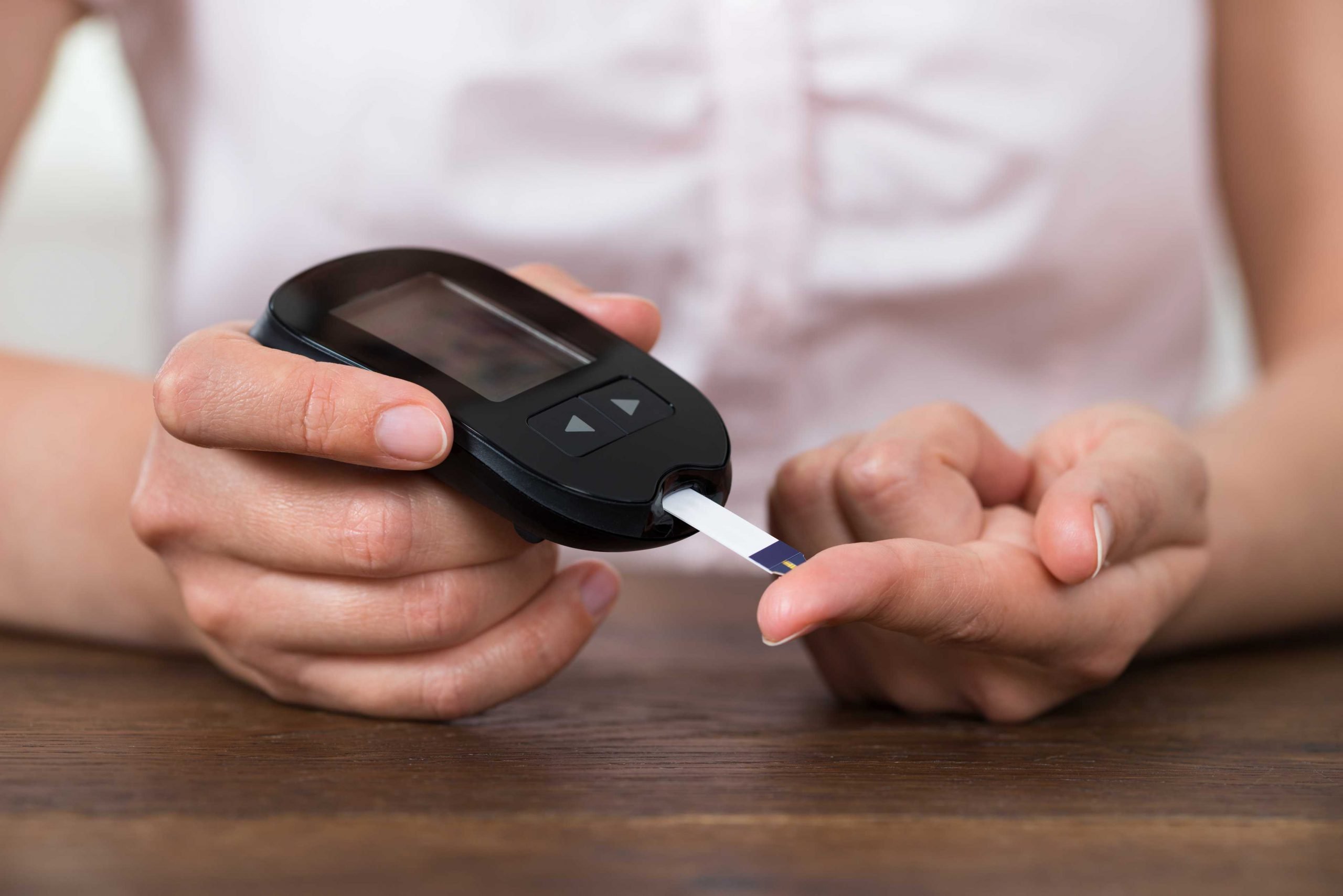What’s your vice? A large glass of wine at the end of a hard day at work? A cigarette or two before a difficult conversation you’re anxious about? A beer (or 5) to ‘relax’ at the weekend?
Some people may read these descriptions and think, “Gosh that’s not me”, while others may think the opposite, “Sounds like a typical week for men, what’s the problem?”
If you fall into the first category then feel free to stop reading now. However if you’re in the second category or your thought is, “Yes, I know that’s me and I want to change….HELP!” then keep reading.
What is compulsive behaviour?
Compulsive behaviour forms when activities such as drinking alcohol, smoking cigarettes, shopping when you can’t afford it and overeating are carried out because you feel that you have to – not because you want to.
All of these activities can be engaged in to a greater or lesser degree and labelled as one of life’s pleasures.
However, these behaviours can also be used as a way of handling emotions that are difficult, unpleasant, overwhelming or distressing.
They can distract and soothe; however they rarely, if ever, heal.
Emotions and compulsive behaviour
To better understand the link between your behaviour and your emotions, the first step is to learn what emotions you are using your compulsive behaviour to deal with.
Look over the following list and see which resonate or ‘jump out’ at, it may be just one or it may be many:
- Loneliness
- Excitement
- Anxiety
- Nerves
- Boredom
- Unrest
- Grief
- Anticipation
- Doubt
- Procrastination
- Anger
- Fear
- Regret
- Disgust
What many people don’t realise is that drinking alcohol or smoking a cigarette are actually often a symptom of an underlying (usually emotional) problem, which then becomes a problem in and of itself.
By addressing the underlying problems, your need for these coping mechanisms will naturally decrease over time and you will have insight into yourself that will also serve you in other areas of your life.
Fill in the short questionnaire below to find out how much you are being affected. It was designed to address alcohol dependence, but you can substitute another compulsive behaviour for alcohol too. Make sure you are honest with yourself.
You may not want to be honest with those around you, but if you are not straight with yourself this is often a sign that you do have a problem with your compulsive behaviour.
The Dependence Questionnaire
If you have answer ‘yes’ to four or more of these questions, you are probably dependent on alcohol or the other area of compulsion. Even a single answer of ‘yes’ means you should think carefully about the control you have over alcohol.
- Does one drink tend not to satisfy you?
- Do you almost prefer to drink alone?
- Do you tend to have a drink at night to help you sleep?
- Do you tend to drink in such a way that others are not aware of how much you drink?
- When expecting to drink, would you have something you do not normally like, if that was all that available?
- Would it feel strange to leave half a glassful of drink?
- Do you have an absolute rule not to drink before a certain time of day?
- Do you often drink significantly more than you intend?
- Has anyone else ever been seriously concerned about your drinking?
- Are you worried about your drinking?
Source: Adapted from B. Colcough, Tomorrow Will Be Different (London: Viking, 1993)
You can see how compulsive behaviour affects you
So, now you are clearer about how your compulsive behaviour affects you, how do you begin to make a change? You may have never attempted to change this area of your life before and so the whole process may feel uncertain – where is the best place to begin?
Or perhaps you have tried to change countless times before, maybe with some success, only to return to your compulsive behaviour weeks, days or even hours after making a commitment to change.
Wherever you’re starting from, it’s ok. Have permission to go easy on yourself.
Likely you’ve used these ways of coping for a long time and, in many ways, they have served you effectively, perhaps allowing you to distance yourself from difficult emotions or circumstances in life.
Look back over the list of emotions above. Think about how to begin to let yourself experience a little more of this emotion each day, before you engage in the drink or the cigarette.
Could you ‘sit’ with the feeling for 5 minutes before then engaging in the compulsive behaviour? You could aim to set a timer and track how long you can handle it for, with increasing increments of 1 minute or even 30 seconds at a time.
Support and trust is essential
Seeking support from others you trust can be so valuable – too often it is the secrecy of compulsive behaviours that keeps a hold over you and by letting go of this secrecy, you can begin to make a change. Someone you love gently asking you, “How’s it going?” can help you to stay accountable to change.
Alongside these self-help strategies, do gain some professional help. Talk to your GP about NHS options for quitting alcohol and cigarettes and think about considering a support group such as Alcoholics Anonymous or NHS Stop Smoking Services.
Be honest with yourself about your compulsive behaviour – you can overcome your difficulties and enjoy greater diabetes health and wellbeing.
This is one of series of Psychology articles by Dr Jen Nash, a Clinical Psychologist who has been living with type 1 diabetes since childhood.


 Email this
Email this 



